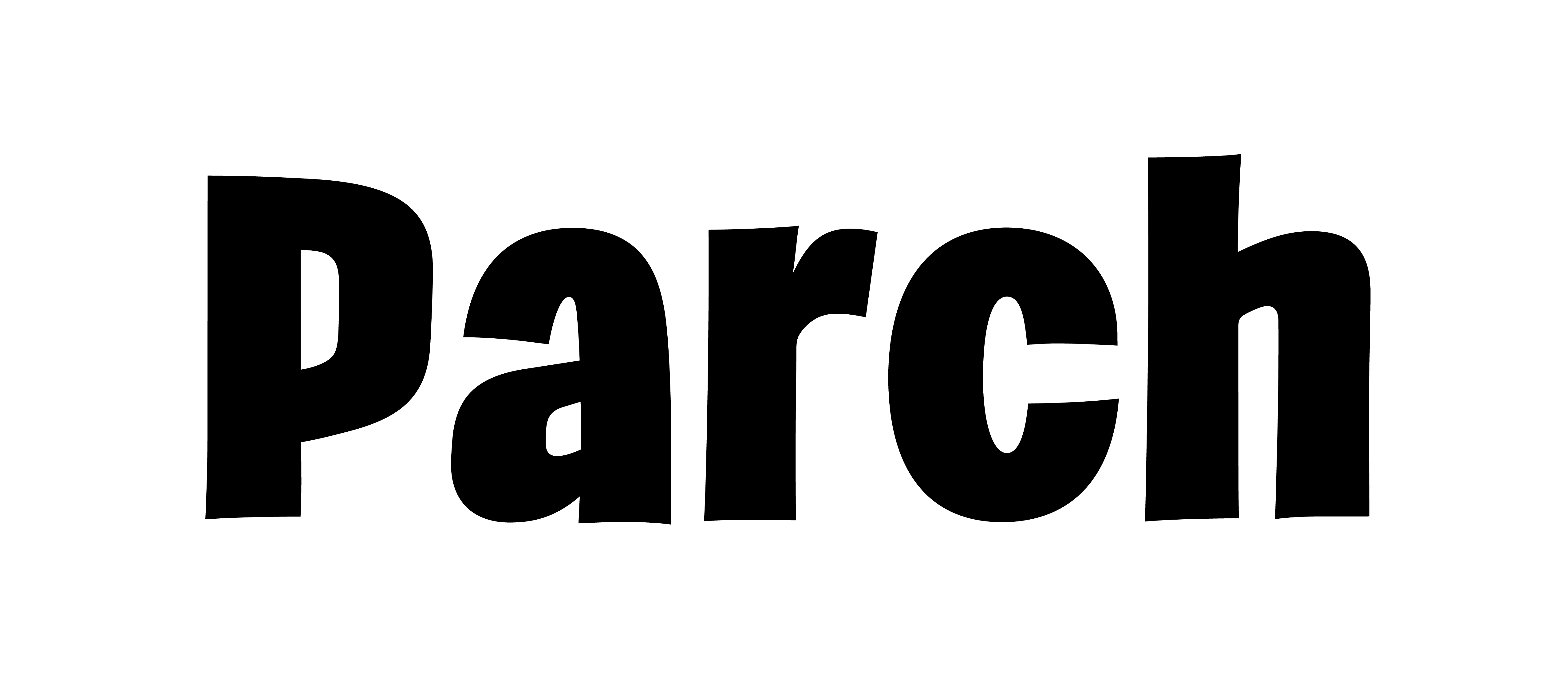
Chinese herbal tea or 涼 茶 (pronounced leung cha in Cantonese and liang cha in Mandarin) directly translates to “cooling tea”. Originating from southern China’s Guangdong province, leung cha is a tea brewed from an infusion of Chinese medicinal herbs.
While many traditional Chinese medicinal herbs are known for being bitter and difficult to drink, leung cha is lightly sweetened with a smooth, refreshing taste that makes it a popular beverage even today.
In addition to tasting great, it’s also healthy for you! Here are four health benefits associated with Chinese herbal tea.
#1 — Leung cha can “cool” the body of its excessive “heat”
As its name implies, leung cha is believed to “cool” the body of its excessive “heat”.
Traditional Chinese medicine believes that the body possesses inner harmony and that there is a balance between “cooling” and “heaty” — like your body’s yin and yang.
When you’ve consumed too much “heaty” food — anything deep-fried, spicy or salty —you can have excessive heat in your body. This can manifest in the form of acne, sore throat, nose bleeds, ulcers, inflammation and even fevers.
Consuming leung cha can help cleanse the body of this excessive heat and restore your body’s natural harmony.
#2 — Leung cha can reduce inflammation
One of the key ingredients in leung cha is a medicinal herb called prunella vulgaris. It’s a member of the mint family that can be found throughout North America, Europe, and Asia.
It has been used for centuries to treat illnesses such as inflammatory bowel diseases, stomach pains, and ulcers. Because of its wide range of medical uses, it’s also known as self-heal, all-heal, heal-all, woundwort, or xia ku cao.
Prunella vulgaris contains tannins, flavonoids, and ursolic, rosmarinic, and oleanolic acids which are believed to have anti-oxidant and anti-inflammatory properties. It’s believed to dilate the blood vessels, which lowers blood pressure and reduces the body’s excessive heat.
#3 — Leung cha can detoxify the body
Another key ingredient in leung cha is a medicinal herb called potentilla discolor. It can be found primarily in temperate and alpine zones and originates from Eastern Asia.
Also known as silverweed, goosewort, wild tansy, or wild agrimony, potentilla discolor is the dried root of a flowering plant from the family Rosaceae. It’s been known since ancient times for its curative properties.
According to the Chinese Pharmacopoeia, it can clear excessive heat from the body and detoxify. It’s also believed to relieve dysentery — an intestinal inflammation, primarily of the colon — and reduce skin inflammation. These benefits have been attributed to the high amount of tannins and triterpenes found in potentilla discolor.
#4 — Leung cha can improve gut health and boost the immune system
Leung cha possesses a variety of flora that can promote gut health — also known as your gut microbiota which contains about 100 trillion bacteria. Boosting the healthy bacteria living in your digestive tract has been linked to improved digestion and metabolism. Recent research even suggests a link to brain function and behavior!
Leung cha also contains an antioxidant called glutamine which can improve the immune system. Glutamine is a critical fuel source for immune cells, such as white blood cells and intestinal cells. Nowadays, you can even buy glutamine tablets as a supplement.
With all these health benefits, it’s no wonder leung cha has been around since the early 1800s!
Back then, leung cha was commonly used to treat a wide range of body aches and pains. Nowadays, we have Advil and Tylenol but that hasn’t detracted from the popularity of leung cha for its medicinal properties and ability to “cool” the body of excessive “heat”.
What are you waiting for? Get yours today from https://parchtea.com/!
Written by Allison @theconflictedmillenial
